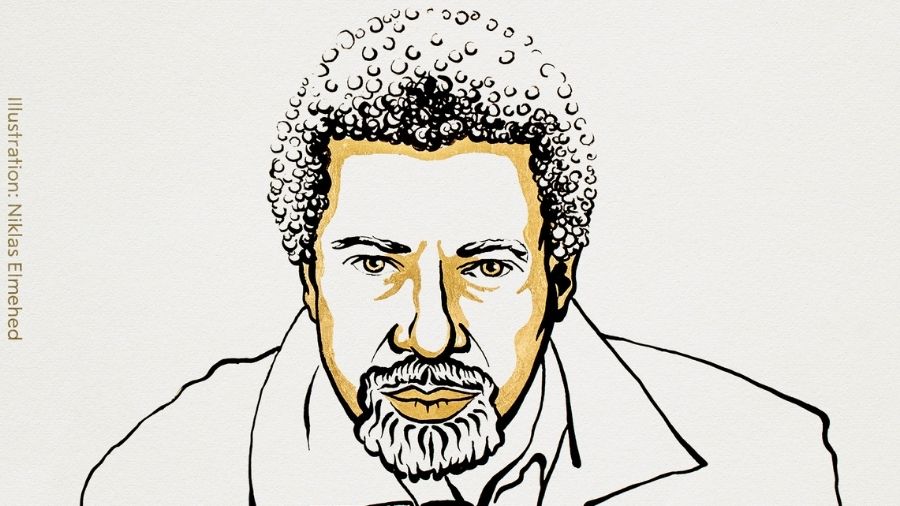Tanzanian novelist Abdulrazak Gurnah, 72, won the 2021 Nobel Prize in Literature “for his uncompromising and compassionate penetration of the effects of colonialism and the fate of the refugee”, the award-giving body said on Thursday.
Based in Britain, Gurnah is the first African writer to win the award since the Zimbabwean Doris Lessing in 2007, and only the second writer of colour from sub-Saharan Africa, after Nigeria’s Wole Soyinka, who won in 1986.
His novels include Paradise, which is set in colonial East Africa during World War I and was short-listed for the Booker Prize for Fiction, and Desertion.
“In his ten novels he has consistently, and with great compassion, penetrated the effects of colonialism in East Africa and its effects on the lives of uprooted and migrating individuals,” Anders Olsson, head of the Swedish Academy Nobel Committee, told reporters.
Gurnah left Africa as a refugee in the 1960s amid the persecution of citizens of Arab origin under President Abeid Karume’s regime in Zanzibar where he grew up, when the peaceful liberation from British colonial rule led to a revolution.
He was only able to return to Zanzibar in 1984, allowing him to see his father shortly before his death.
His selection for the top honour in literature comes at a time of global tensions around migration, as millions of people flee violence and poverty in places such as Syria, Afghanistan and Central America, or are displaced by climate change.
Olsson said the committee’s choice was not a response to recent headlines, and it had been following Gurnah’s work for years.
“I think its just brilliant and wonderful,” Gurnah told Reuters when asked how he felt to win the prize. “It’s just great — its just a big prize, and such a huge list of wonderful writers — I am still taking it in,” he said.
“It was such a complete surprise that I really had to wait until I heard it announced before I could believe it.”
Though Swahili was his first language, English became Gurnah’s literary tool when he began writing as a 21-year-old.
He has drawn inspiration from Arabic and Persian poetry as well as the Quran, but the English-language tradition, from William Shakespeare to V. S. Naipaul, would especially mark his work, the Swedish Academy said.
“That said, it must be stressed that he consciously breaks with convention, upending the colonial perspective to highlight that of the indigenous populations,” said the academy, a 235-year-old Swedish language institute which awards the 10 million Swedish crowns ($1.14 million) prize.
Gurnah’s was the second literature Nobel in a row, and the fourth of the last six, to go to a writer in English, an unusually long stretch for the prize to be dominated by a single language.











